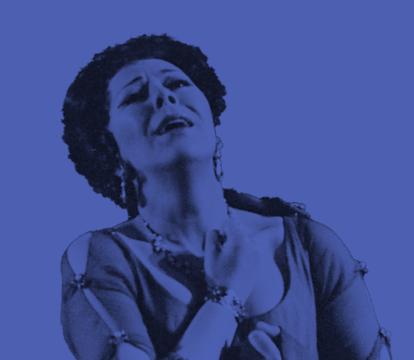
Love List: Classic Choral by Brett Weymark
Sydney Philharmonia Choirs’ Artistic & Music Director Brett Weymark highlights the choral and classical masterpieces that have moved him, and shaped his life and career.
“This is one of the most time stopping songs ever composed. It is the only song that forces me to pull the car over if I am driving as I will invariably end up in tears and cause a major incident. Recently going through all my old CDs and almost rediscovering music all over again, the recording with Jesse Norman from 1983 with Kurt Masur conducting made me well up with tears just looking at the cover. Time stops when I hear this. I am a sucker for slow sad songs! The opening line is a resigned call to carry on, almost stoic in essence but also with a great deal of pathos and optimism.”